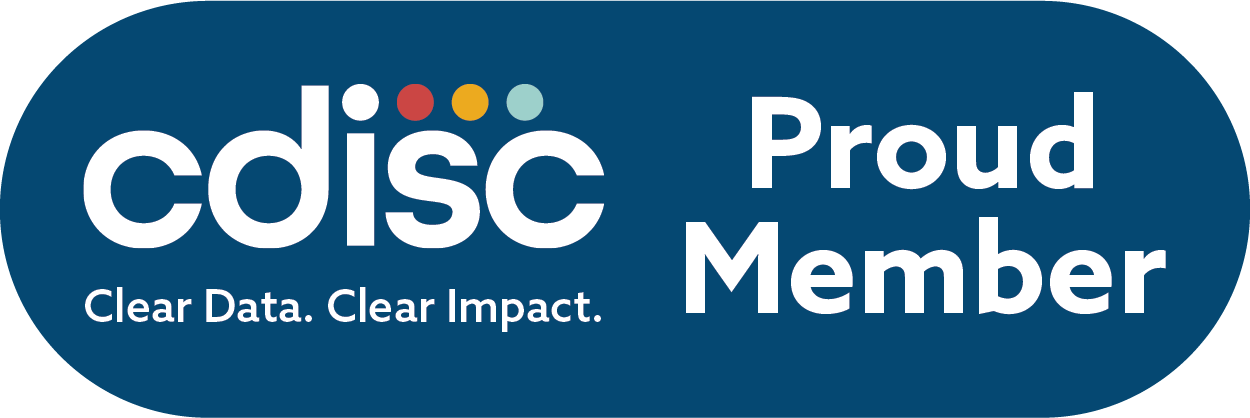Generative AI: changing Pharma operations for medical writers
Generative AI: changing Pharma operations for medical writers

Medical Writing
Medical Writing
Medical Writing
By Narrativa Staff
Generative AI is about to change how the pharmaceutical industry works. We know you’ve probably read that plenty of times already, but here are a few reasons we want to share with you. It could help companies save billions by making tasks faster and more efficient: this includes everything from improving the quality of products to reducing costs.
McKinsey estimates that Generative AI could unlock $4 billion to $7 billion annually in the pharma industry through enhanced workload management, improved equipment effectiveness, and streamlined quality processes.
In which processes can Generative AI help?
How Generative AI can be used in Pharma
There are three main ways pharma companies can use Generative AI:
- Simple Use Cases: These are ready-to-use solutions like demand forecasting or inventory management. Pharma companies can buy software that uses Generative AI to make these tasks easier.
- Custom Solutions: Some use cases need special development to fit specific needs in pharma. This could involve creating unique tools for things like product management or quality control.
- Advanced Use Cases: These are big, risky applications that process a lot of real-time data. They need very strict rules and oversight, making them harder to use right now.
Four ways Generative AI can help in Pharma
Here are four ways that gen AI can improve operations in pharma, including tasks medical writers often deal with:
- Help with Shop Floor Supervision: Supervisors spend a lot of time on paperwork and handling equipment issues. Generative AI can make this easier by generating reports (Clinical Study Reports, Patient Narratives and TLFs) and providing technical support. This gives supervisors more time to focus on important tasks.
- Virtual Assistants for Manufacturing: These AI assistants can help pharma workers find the right instructions and checklists quickly. They also help predict when equipment might break, which can increase overall efficiency. Medical writers can also benefit from these assistants by getting quicker access to required documentation.
- Improving Quality Investigations: In pharma, checking for mistakes is essential, especially for things like quality control. Generative AI can help medical writers and other staff by finding trends in data that could point to problems, speeding up investigations and improving accuracy.
- Better Planning and Inventory Management: Generative AI can help pharma companies plan better by predicting when supplies will be needed or when there might be delays. This makes it easier to manage inventories and reduce costs. For medical writers, this could mean having the right resources at the right time to meet deadlines.
Challenges of Using Gen AI in Pharma
Even though this technology has a lot of potential, it comes with some challenges, especially in a highly regulated industry like pharma:
- Training: Pharma companies will need to train their teams, including medical writers, on how to use these new tools effectively. This means knowing how to spot mistakes and ask the right questions. Companies like Narrativa make this process simple and easy with our no-code, user-friendly platform.
- Regulations: The pharmaceutical industry is heavily regulated, so AI tools need to comply with strict rules. This can make it harder to use Generative AI in some areas. So, you’ll want to ensure that the company you partner with adheres to the highest standards.
Key Capabilities Needed for Success
To get the most out of Generative AI, pharma companies need to have the right systems in place:
- Data Management: Ensuring that data is clean and accessible is key to using AI well.
- Tech Infrastructure: Pharma companies need to invest in IT systems that can handle AI technologies.
- Training: Medical writers and other staff need to be trained on how to use AI tools to help them in their work.
- Risk Management: Managing risks, like data breaches or biases, is essential to ensure the technology works as it should.
- Change Management: Companies need to be ready for change and encourage a culture of innovation.
About Narrativa
Narrativa® is the global leader in generative AI content automation. Through the no-code Narrativa® Navigator platform and the collaborative writing assistant, Narrativa® Sidekick, organizations large and small are empowered to accelerate content creation at scale with greater speed, accuracy, and efficiency.
For companies in the life sciences industry, Narrativa® Navigator provides secure and specialized AI-powered automation features. It includes complementary user-friendly tools such as CSR Atlas, Narrative Pathway, TLF Voyager, and Redaction Scout, which operate cohesively to transform clinical data into submission-ready regulatory documents. From database to delivery, pharmaceutical sponsors, biotech firms, and contract research organizations (CROs) rely on Narrativa® to streamline workflows, decrease costs, and reduce time-to-market across the clinical lifecycle and, more broadly, throughout their entire businesses.
The dynamic Narrativa® Navigator platform also supports non-clinical industries such as finance, marketing, and media. It helps teams drive measurable impact by creating high-quality, scalable content on any topic. Available as a self-serve SaaS solution or a fully managed service, built-in AI agents enable the production, refinement, and iteration of large volumes of SEO-optimized news articles, engaging blog posts, insightful thought leadership pieces, in-depth financial reports, dynamic social media posts, compelling white papers, and much more.
Explore www.narrativa.com and follow on LinkedIn, Facebook, Instagram, and X. Accelerate the potential with Narrativa®.



